Mom & Baby Care
Happy Mother’s Day: Give Your Mom The Gift Of Health With These Nutrients
By Apollo 24|7, Published on- 06 May 2022, Updated on -18 October 2022
Share this article
0
7 likes
For effective functioning of the body and to preserve its balance, we need to keep it well-nourished with essential nutrients. Based on the requirements in the body, nutrients are primarily divided into two categories; macronutrients and micronutrients. While macronutrients are required in large amounts to maintain the caloric balance in the body, micronutrients are required in much smaller amounts.
Though every human being requires certain amount of nutrients to maintain a healthy body, the nutritional needs of women are usually more than that of men. This is because women undergo different transitions like menstruation, pregnancy, lactation and menopause throughout their life, where the demand for several nutrients increases. Furthermore, mothers often juggle between jobs, parents, partners, kids, and sometimes even a pet, leaving them with no time to take care of their own health. This mother’s day give your mother a gift of health with the essential nutrients discussed below.
1. Carbohydrates
Carbohydrates are the primary source of energy in the body and are crucial during pregnancy. Foods rich in carbohydrates include potatoes, oranges, whole grain bread, pasta, noodles, millets and oats. Carbohydrates must be consumed in moderation as overindulgence may result in obesity. Carbohydrates should make up 45 to 65 per cent of the total daily calories. For instance, if a person consumes 2000 calories a day, 900 to 1300 calories should be gained from carbohydrates.
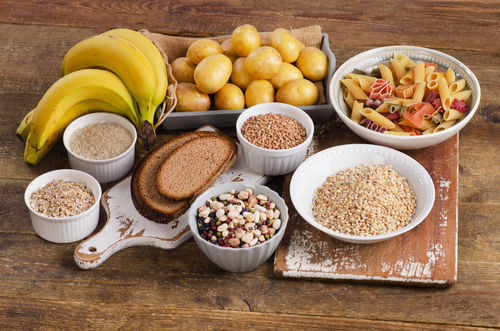
2. Proteins
Protein must be consumed every day as it is required for building, maintaining and repairing muscle mass. Protein is found in foods such as lean meat, eggs, chicken, lentils, beans, nuts and seeds (almonds, walnuts and flaxseeds). Women require 48 milligrams of protein every day, however, the requirement increases to 60-75 milligrams a day during pregnancy.
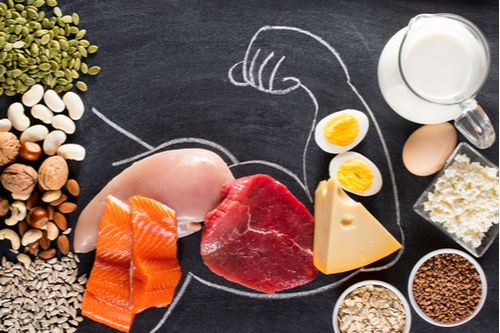
3. Healthy fats
Fats are necessary for the absorption of vitamins A, D, E, and K in the body. Fats are extremely necessary during pregnancy as they help in the developing organs of the baby. Whole eggs, fatty fish, olive oil, peanut oils, avocados, nuts, and nut butter are sources of healthy fats. Fats should comprise 20-35% of the daily calories.
.jpg)
4. Vitamin A
Women require vitamin A to maintain reproductive health. Vitamin A is also essential for the proper growth and development of the skin, eyes and bones of the baby during pregnancy. Food sources of vitamin A are carrots, bell peppers, sweet potatoes, and dark green leafy vegetables. Women require 700 micrograms of vitamin A every day to reap its benefits.
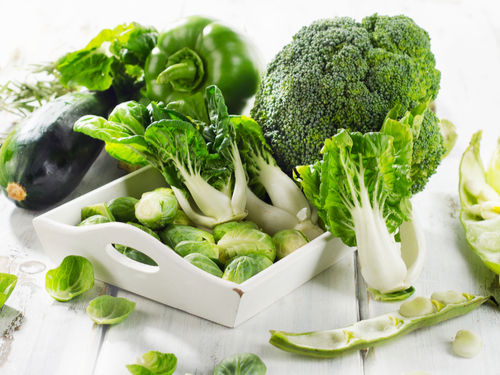
5. Vitamin B family
B vitamins are considered important for women during pregnancy and lactation. Some vitamins such as vitamin B6 (pyridoxine) and B12 (cobalamin) are essential for the development of the nervous system and the production of red blood cells in the baby’s body. Women require 1.9 milligrams of vitamin B6 and 2.6 micrograms of vitamin B12 every day during pregnancy. These can be gained by consuming whole grains, spinach, amaranth, pumpkins, liver, fish, eggs and whole-grain cereals.
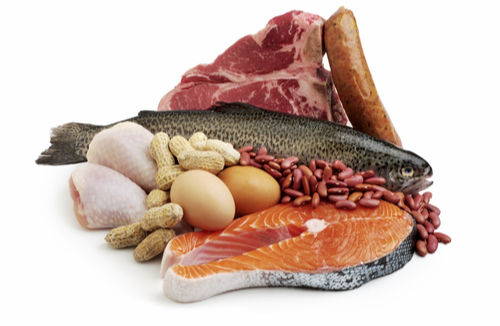
6. Vitamin D
Vitamin D is required by the body for the absorption of calcium. Women with low levels of vitamin D during pregnancy are at increased risk of developing gestational diabetes (diabetes during pregnancy), preeclampsia (extremely high blood pressure) and other complications. Our skin has the precursor of vitamin D in it which gets activated on exposure to sunlight. Food sources of vitamin D include fatty fish, egg yolk, cod liver oil and organ meat. Women require 600 IU (International Units) of vitamin D daily and 800 IU during pregnancy and lactation.
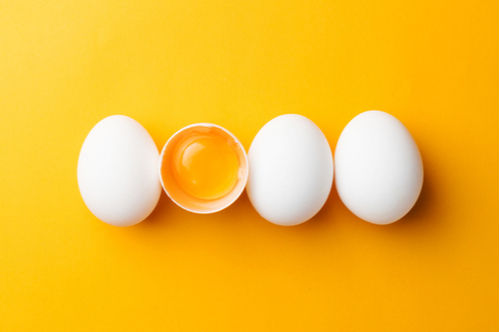
7. Iron
Statistics reveal that 29% of women suffer from iron deficiency anaemia, globally. Iron is also essential during menstruation and pregnancy as it helps in the production of red blood cells in the body. Natural food sources of iron are spinach, beetroot, apples, potatoes, pomegranate, whole grains, kidney beans and chickpeas. The requirement for iron in women is 28 milligrams (mg) which increases to 38 mg during pregnancy and lactation.
.jpg)
8. Folate
Folic acid is an essential mineral naturally found in the form of folate. Folate is extremely important during pregnancy to prevent birth defects in the baby’s spine and brain. Folate is also required for the metabolism of fat and proteins in the body. Normally women require 400 micrograms (mcg) of folate but it increases to 600 mcg during pregnancy and lactation. Natural foods rich in folate include broccoli, cabbage, spinach, peas, beetroot, lentils, egg yolk and organ meat.
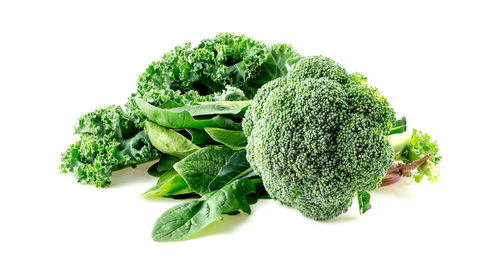
9. Calcium
Women tend to experience loss of bone mass and density after menopause. Thus, calcium is essential for women throughout their life to reduce the risk of suffering from osteoporosis, fractures and other bone-related injuries later in life. 400 milligrams (mg) of calcium is necessary for women to ensure proper bone health, however, the demand increases to 1000 mg during lactation and pregnancy lactating and pregnant women. Milk, cheese, curd, salmon, shrimps, legumes and green leafy vegetables are common food sources of calcium.
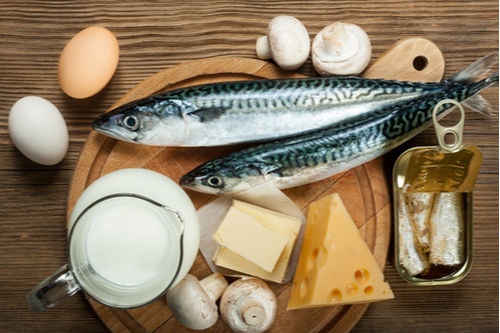
10. Iodine
Women are more likely to develop thyroid disease, thus iodine is extremely necessary for them as it helps the thyroid gland make hormones in the body. It has also been found that iodine restricts the development of abnormal cells and promotes the growth of healthy cells in the breasts. Food sources of iodine include iodized salt, fish (tuna), shrimp, seaweed, fortified milk, yoghurt and cheese. Women require 150 micrograms (mcg) of iodine daily which increases to 250 mcg during pregnancy and lactation.
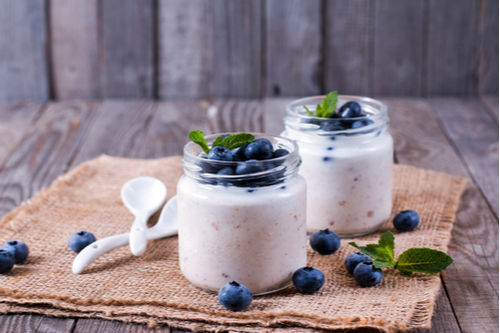
11. Zinc
Zinc helps in improving the immune system of the body. Its consumption during pregnancy reduces the risk of premature birth and low birth weight and improves the growth of the baby. The recommended daily amount of zinc for women is 8 milligrams (mg) per day. Zinc can be gained by consuming whole grains, fortified milk and legumes.
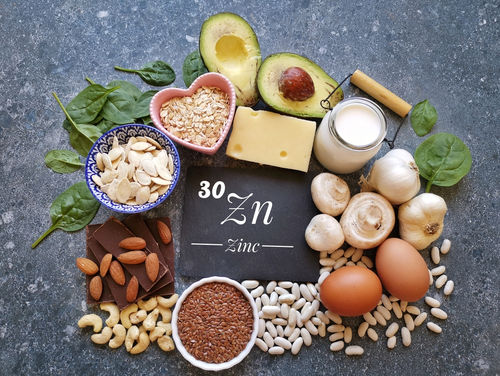
While our diet may not be able to fulfil all the nutritional requirements, women can get supplements to meet their needs. However, women must refrain from taking any supplements without consulting their doctor, especially if they are pregnant.
Mom & Baby Care
Leave Comment
Recommended for you
Mom & Baby Care
Food to Reduce Infertility Rate in Women’s
Infertility is the inability of the male or female reproductive system to achieve pregnancy. It affects millions of people worldwide. According to the World Health Organization (WHO), approximately 48 million people live with infertility globally.
Mom & Baby Care
What Happens In A Normal Vaginal Delivery?
Normal vaginal delivery is a natural process that does not require any advanced medical interventions. However, it brings along its own set of benefits and complications. Read on to know more about it.
Mom & Baby Care
Vaccination Schedule For Babies: When To Immunize And What To Expect?
The article highlights the necessity of immunising neonates against dangerous infections. It describes the recommended vaccines for newborns and emphasises the need of sticking to a vaccine schedule to guarantee the best possible protection for babies.
Subscribe
Sign up for our free Health Library Daily Newsletter
Get doctor-approved health tips, news, and more.




